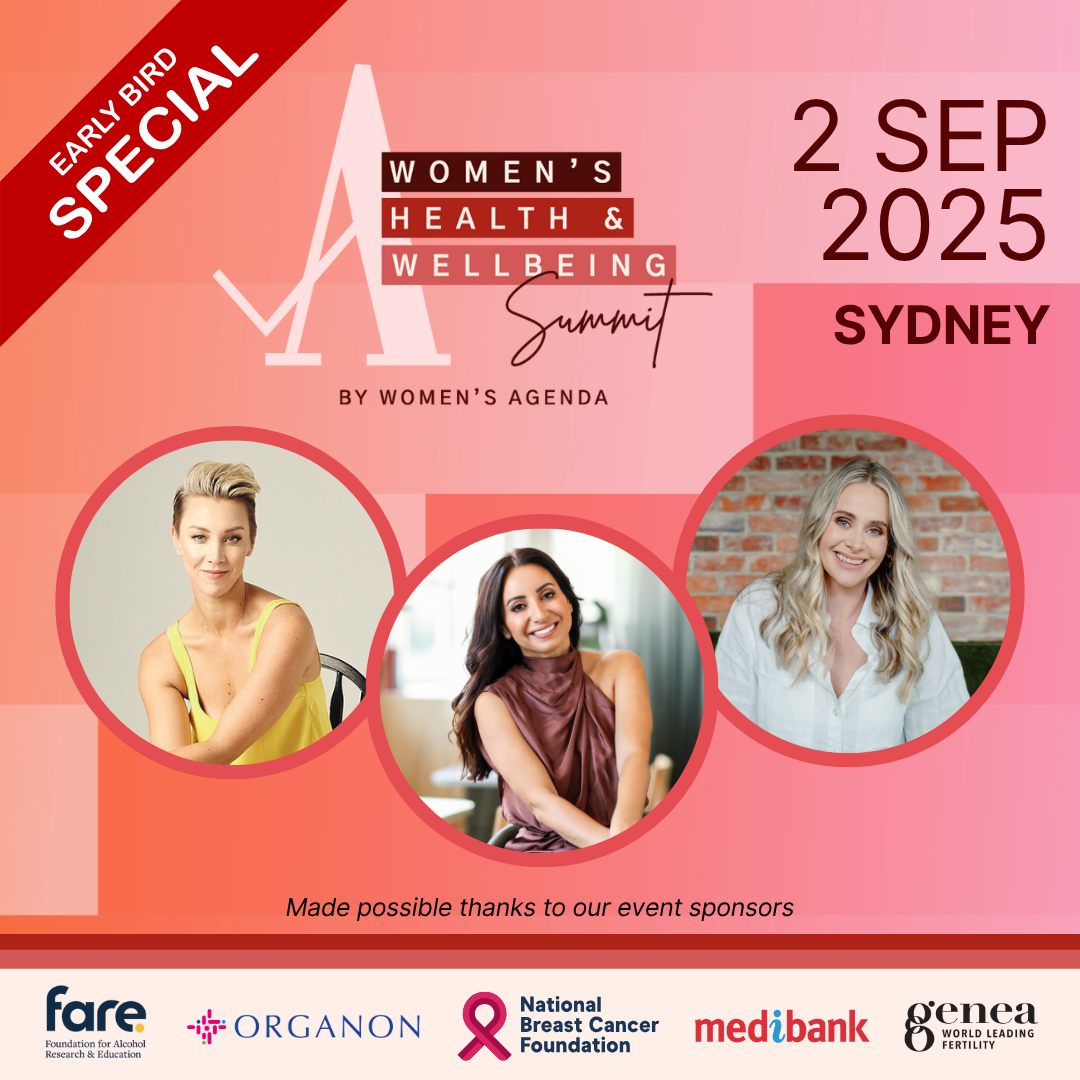The UK will soon have a database dedicated to providing journalists with female sources based on Australia’s own Women for Media program.
Women for Media was established in Australia in 2012 by the Women’s Leadership Institute Australia. The program collates names and contact details for female experts and thought leaders in order to make them easily accessible to journalists and to raise women’s profiles and voices in the media.
The database was founded as a mechanism to correct the sharp gender imbalance in sources quoted in the media – last year, women made up only 14% of experts interviewed on talk shows and on 29% of guests invited to panel discussions. Male sources dominate in every media platform – broadcast, print, online and radio.
Bloomberg’s News Editor in Chief Matthew Winkler joined the campaign to increase women’s voices in media earlier this year when he decided that he would no longer publish news stories that exclude female sources. “Women are engaged in every topic we cover,” he said. “Our journalism should reflect that.”
This imbalance led the Women’s Leadership Institute to build the Women for Media database in order to ensure journalists can quickly and easily find female sources for stories. The Women for Media program means journalists no longer have any excuse to exclude women.
The success of Australia’s database has led the UK’s 30% Club – which recently launched in Australia – to build a similar program in Britain, called Women for Media UK.
The database will include women in the government, finance, business and not-for-profit sectors who are available to be quoted in the press. The program was launched this week in London by the 30% Club’s founder and CEO of Newton Investment Management Helena Morrissey.
The 30% Club was established by Morrissey with the aim of getting 30% women on all FTSE100 boards by the end of this year. The organisation’s new focus on increasing women’s representation in the media will complement and drive this goal by raising the profiles of the UK’s leading women.
“Having more women speak up in the media on a wide range of topics is an important aspect of the 30% Club’s continuum of change towards a society where a mix of men and women at all levels is justseen as the norm,” Morrissey said.
“We very much hope that this database, which has been carefully created with the Australian founding initiative and which will continue to grow, will help solve that, and be useful for both journalists and women looking to build their profiles.”
The Women for Media UK launch featured Australia’s Carol Schwartz AM, founding chair of the Women’s Leadership Institute Australia.
“The UK is an ideal place to expand this initiative and the 30% Club are fantastic partners. Many in the UK media see the need to increase the number senior female leaders speaking as experts in the media. As the launch panel discussion showed, the UK’s top editors and journalists value diversity of thought leadership in the media, especially on the topics of business and finance,” she said.
“This is an important issue globally and with the launch of the UK branch we hope to see the number of senior female leaders commenting in the media grow and the benefits of diverse thought leadership in public discourse flow from that.”
The UK’s Women and Equalities Minister Nicky Morgan pointed out that Britain’s statistics on gender equality in the media are currently no better than the US or Australia, and that they need to change.
“A House of Lords inquiry earlier this year found that men interviewed as experts outnumber women four to one on radio and TV. This means that they are seriously under-represented on our media channels,” she said.
“This database from the 30% Club will make it easier for the media to find female commentators on a wide range of topics, not just those considered to be ‘women’s issues’. We all benefit when the opinions we hear reflect the society we live in and I look forward to seeing and hearing from more female role models.”
Executive Director of the Women’s Leadership Institute Australia, Amy Mullins, said she is looking forward to a fruitful and mutually beneficial partnership with the 30% Club and Women for Media.
“We will share our learnings with the UK branch as they will with us. This is an excellent partnership and we hope to see global action on this issue gather in momentum,” she said.
“Matthew Winckler’s announcement that all Bloomberg business news articles must have at least one female quoted was a landmark occasion and really set the standard for editors and news organisations on this.”

